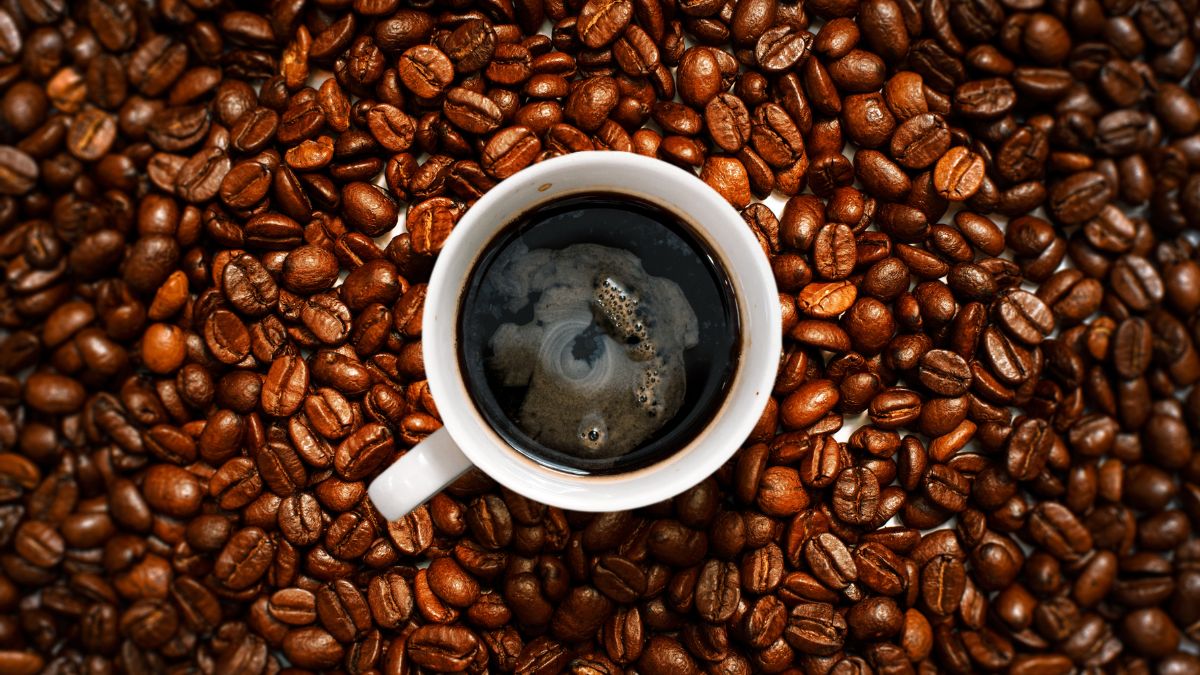Quick Answer: Coffee itself is not bad for high cholesterol, but adding cream, sugar, or flavored syrups can increase cholesterol levels.
One of my blog readers recently asked me, “Is coffee bad for high cholesterol?” This is a great question, as many people enjoy their daily cup of joe but may be concerned about its impact on their cholesterol levels. In this blog post, I’ll dive into the details and share my thoughts on this topic.
First, let’s clarify that coffee itself does not contain cholesterol. The main components of coffee are caffeine, antioxidants, and various compounds that contribute to its flavor and aroma. However, what you add to your coffee can make a significant difference in its effects on your cholesterol levels.
If you drink your coffee black, without any additives, you don’t need to worry about it impacting your cholesterol. In fact, some studies suggest that black coffee may even have a slight positive effect on cholesterol levels due to its antioxidant content. These antioxidants can help reduce inflammation and protect against oxidative stress, which are factors that contribute to high cholesterol.
However, if you enjoy your coffee with cream, sugar, or flavored syrups, that’s where the potential problems arise. Adding dairy products like cream or whole milk to your coffee can significantly increase its saturated fat content, which can raise LDL (bad) cholesterol levels. Similarly, sugar and flavored syrups are high in calories and can contribute to weight gain, which is another risk factor for high cholesterol.
In my experience, many people are surprised to learn how much their coffee additions can impact their cholesterol levels. For example, adding just one tablespoon of heavy cream to your coffee can add about 50 calories and 5 grams of saturated fat. If you drink multiple cups of coffee with cream throughout the day, those numbers can quickly add up.
If you have high cholesterol or are trying to maintain healthy cholesterol levels, I recommend opting for black coffee or using low-fat milk alternatives like almond milk or skim milk. You can also try natural sweeteners like stevia or monk fruit instead of sugar to reduce the calorie and carbohydrate content of your coffee.
It’s important to remember that everyone’s body responds differently to different foods and beverages. If you have concerns about how coffee may be impacting your cholesterol levels, I encourage you to keep a food diary and track your cholesterol numbers over time. This can help you identify any patterns or triggers that may be contributing to high cholesterol.
I hope this blog post has helped clarify the relationship between coffee and cholesterol. If you have any further questions or would like personalized advice on managing your cholesterol levels, please don’t hesitate to ask in the comments below. I’m here to help you make informed decisions about your diet and overall health.

you are truly a just right webmaster. The site loading speed is incredible. It kind of feels that you’re doing any distinctive trick. In addition, The contents are masterwork. you have done a great activity in this matter!
Thanks Angelina. It means a lot to me. 🙂